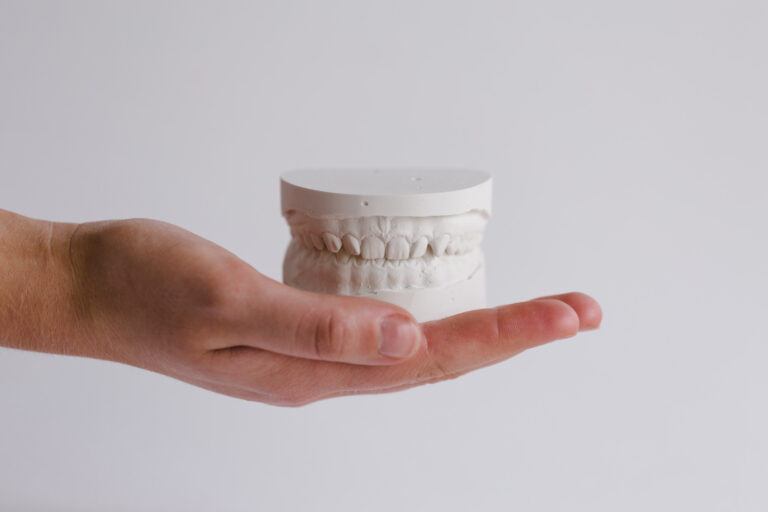Oral health is often thought of as simply looking after your teeth and gums, but new research has uncovered the bi-directional relationship between the oral microbiome and systemic disease.
Beyond cavities and gum disease, gum disease is now being linked to cognitive health, particularly in the context of dementia. This growing body of research highlights the importance of a holistic approach to health and underscores the intricate connections within our bodies.

In 2014, an estimated 5.0 million adults aged 65 and older had dementia in the United States. The number is projected to increase to nearly 14 million by 2060.
– Source: CDC
Understanding Dementia
Dementia is a broad term used to describe a range of neurological conditions that affect the brain, leading to impaired memory, thinking, and behavior. Alzheimer’s disease is the most common form of dementia, accounting for ~ 60-80% of the cases. While the exact cause of dementia remains elusive, various risk factors, including genetics, lifestyle, and environmental factors, have been identified.
Several studies have found compelling links between oral health and dementia:
-
- A large-scale study revealed that professional dental cleaning and frequent tooth brushing were associated with a decreased risk of dementia.[1]
-
- Research has shown a connection between periodontal disease, dental caries, and a high number of missing teeth with an increased risk of dementia.
-
- A study of aging nuns found that severe tooth loss was associated with a 6.4-fold increased risk of dementia compared to those with fewer tooth losses.
- Longitudinal studies have consistently shown a correlation between tooth loss and cognitive decline.[2]
Potential Mechanisms
Bacterial Invasion:
The mouth is a gateway for bacteria to enter the bloodstream. Harmful bacteria from the oral cavity can travel to the brain, potentially leading to inflammation. Studies have identified the presence of oral bacteria, particularly Porphyromonas gingivalis, in the brains of Alzheimer’s patients. This bacterium, commonly associated with gum disease, may contribute to the formation of amyloid-beta plaques, a hallmark of Alzheimer’s disease.[3]
Inflammation:
Chronic gum inflammation can lead to systemic inflammation, which may in turn contribute to neuroinflammation in the brain. This chronic inflammatory state is believed to play a significant role in the development of Alzheimer’s disease and other forms of dementia. [4]
Systemic Health
Poor oral health often correlates with other systemic health issues such as cardiovascular disease and diabetes, which are also risk factors for dementia. This interrelationship suggests that individuals with poor oral health might be at a compounded risk for cognitive decline.
The importance of Oral Health
Given these findings, maintaining good oral health becomes even more critical. Here are some key practices:
-
- Brush teeth for at least two minutes twice a day
-
- Floss regularly
-
- Use mouthwash
-
- Balance your oral microbiome with good bacteria (probiotic supplements)
In conclusion, the emerging evidence linking oral health to cognitive function opens up exciting possibilities for dementia prevention and overall health promotion. By prioritizing oral hygiene and regular dental care, we may be taking an important step towards protecting our brain health as we age.
References:
[1] https://www.forbes.com/sites/milletienne/2023/10/01/study-links-dementia-to-oral-health-lets-talk-oral-brain-connection/
[2] https://www.washingtonpost.com/wellness/2023/09/21/teeth-gums-oral-health-dementia-alzheimers/
[3] https://www.nia.nih.gov/news/large-study-links-gum-disease-dementia
[4] https://www.forbes.com/sites/milletienne/2023/10/01/study-links-dementia-to-oral-health-lets-talk-oral-brain-connection/







